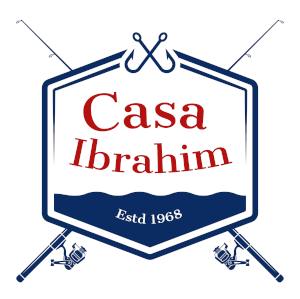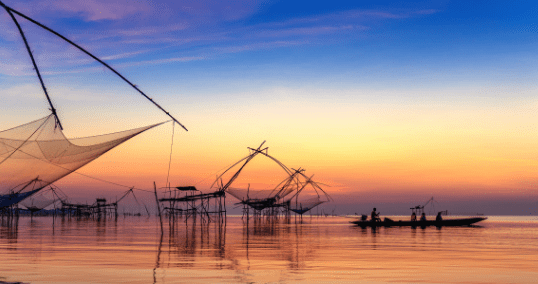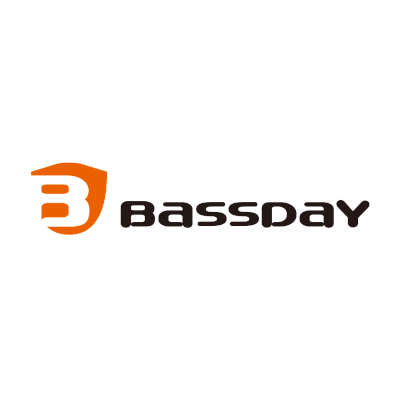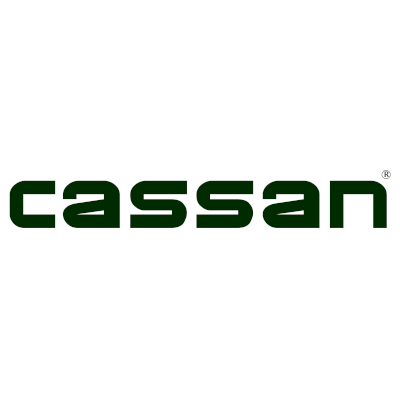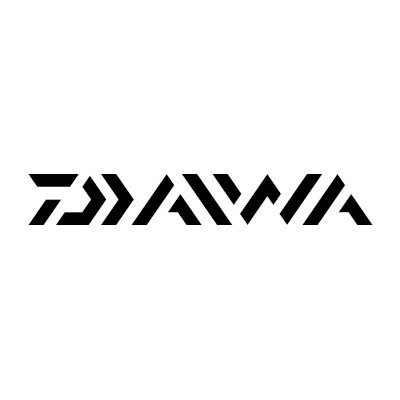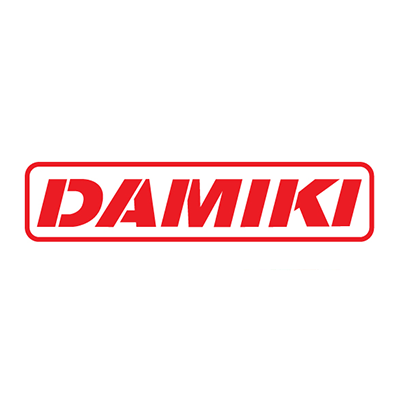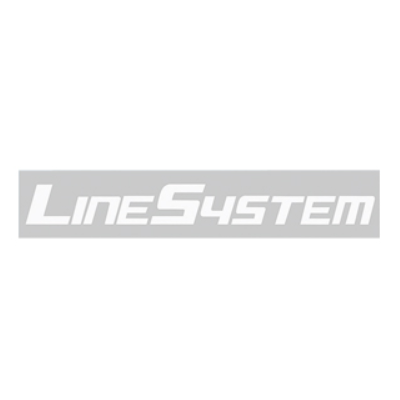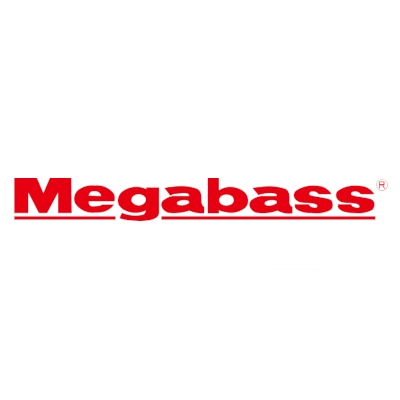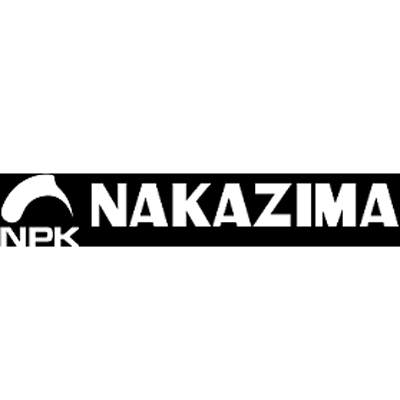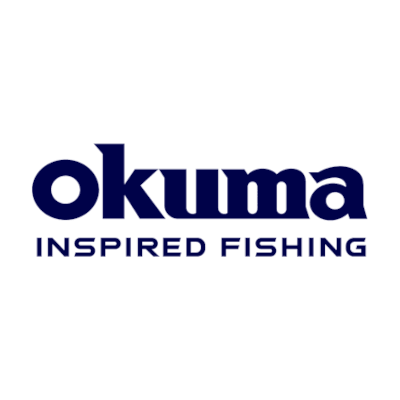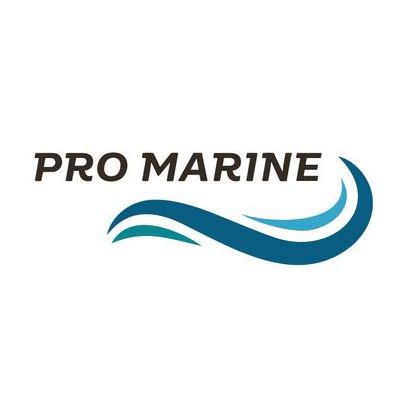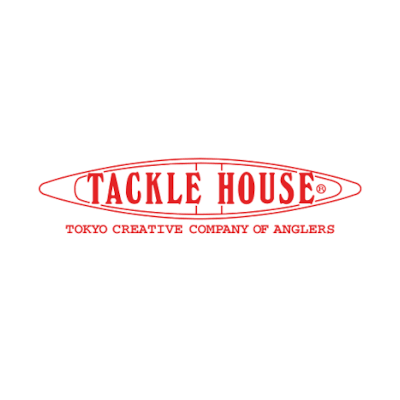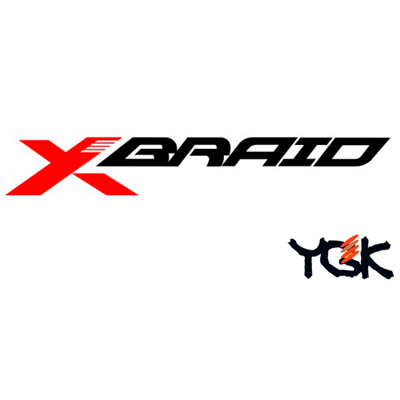What is Sustainable Fishing & Why is it Important?
Introduction
As global fish populations decline, farmed fish have begun to fill the supply void. Many people believe that fish farming is a sustainable way to produce seafood because it reduces stress on wild populations and provides more food for humans. But in reality, there are many ways that aquaculture can be harmful. In this article, we’ll tell you everything you need to know about why sustainable fishing is important and the best fishing equipment shop in Goa for sustainable fishing.
Sustainable fishing is a broad term used to describe fishing practices that consider the long-term health of a fishery or fish stock.
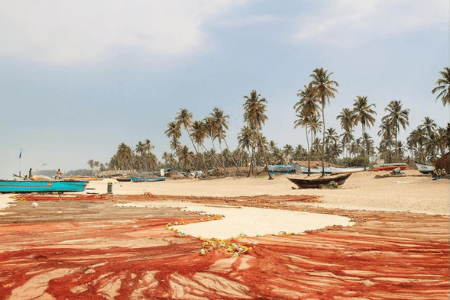
Positive actions are necessary to ensure that the world’s fisheries remain productive, healthy and profitable over the long-term. This also includes the trolling reels in India. Sustainable practices also help protect marine ecosystems and reduce or eliminate impacts on other users of marine resources, such as tourism and recreation industries.
There is no single definition or approach to sustainable fishing
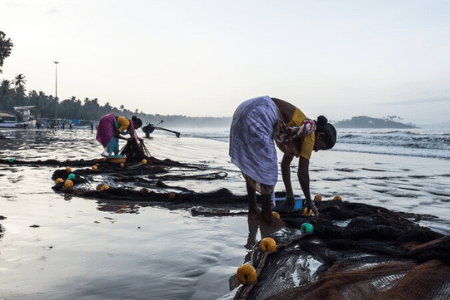
Sustainable fishing is a term that describes the practice of catching or farming fish in a way that doesn’t deplete the population or damage its habitat over time. There is no single definition of what “sustainable” means when it comes to fishing, but there are many different approaches to making sure that we have ample sources of food and other marine products in years to come.
The term sustainable fishing isn’t a law; it’s a principle that guides fisheries management efforts around the world. The United Nations Food and Agriculture Organisation (FAO) has defined sustainable fisheries as “those which maintain fish stocks at levels which can produce maximum sustainable yield on an ongoing basis.”
This practice ensures that fish stocks are not being overfished, no matter what type of tackle or equipment you are using even if it is the best fishing rods Goa
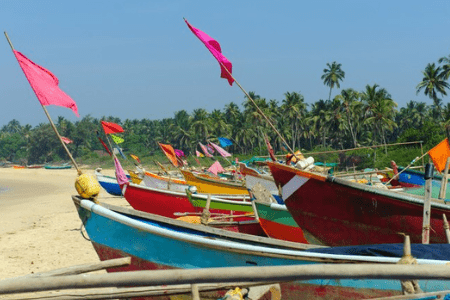
Fishing is a way of life, and it’s one that has been around for many years. The practice of catching fish, or “fishing” as it is most commonly referred to, is a means of providing food for your family or making money through fishing charters.
Fishing is also an activity that can get competitive at times as fishermen from various cities and countries try using malpractices to increase the quantity of their catch and thus their revenue. This could endanger fish stocks and ultimately destroy them altogether if left unchecked.
Fishing practices have changed drastically since humans first began catching fish for food thousands of years ago.
Today, many commercial fishing vessels use heavy nets to catch large quantities of fish at once. These types of fishing methods can damage the ocean floor and kill non-targeted animals, as well as cause negative effects on other aspects of the ecosystem like coral reefs and seabirds.
The future needs sustainable fishing
As we discussed in the previous section, fish stocks are being overfished. The reason for this is that there is an excessive amount of fishing activity and too many people fishing at all times. The impact of overfishing on the ecosystem has been devastating – some fish species have become extinct, while many others are on the verge of extinction.
The importance of sustainable fishing cannot be understated, as it will ensure that future generations will have enough food to eat and thus be able to thrive in a healthy environment. If we continue with current practices such as industrial-scale fishing or bottom trawling (which involves large ships dragging nets across the ocean floor), we will wipe out entire populations of aquatic lifeforms while irreparably damaging ocean floor habitats like coral reefs and seagrass beds (which provide shelter for small organisms). This could result in one or more mass extinctions similar to what happened during the Permian–Triassic extinction event 250 million years ago.
One of the many different ways to engage in sustainable fishing is through the Hook and line method or the Trolling method where using a circle hook rather than a J hook causes little to no damage to the habitat.
Conclusion
Fishing is an industry that has been around for thousands of years, but it is a new concept to think of sustainable practices in this way. The idea of sustainability can be hard to grasp because there are so many different perspectives on what it means and how we should achieve such goals. As consumers continue to demand healthier choices from their food sources, businesses will also have an incentive for making changes that reduce waste and preserve resources with these initiatives.



